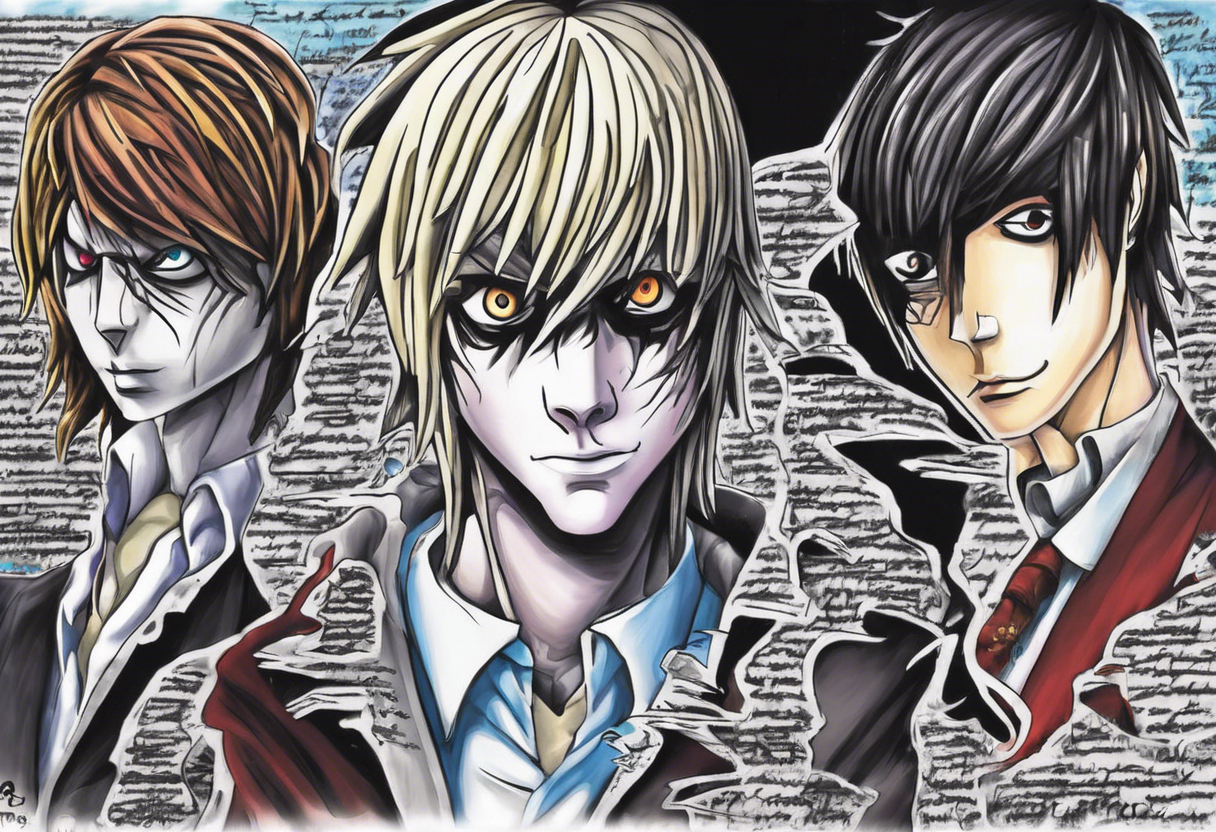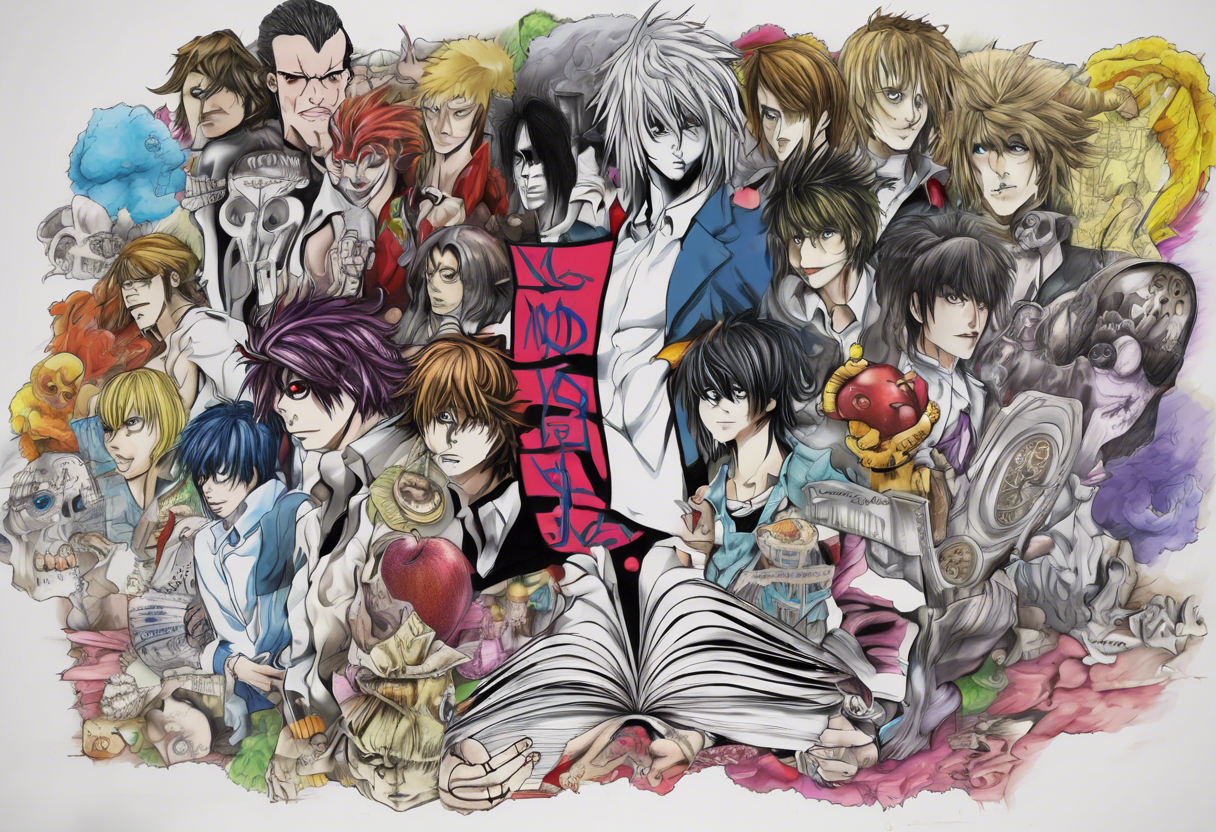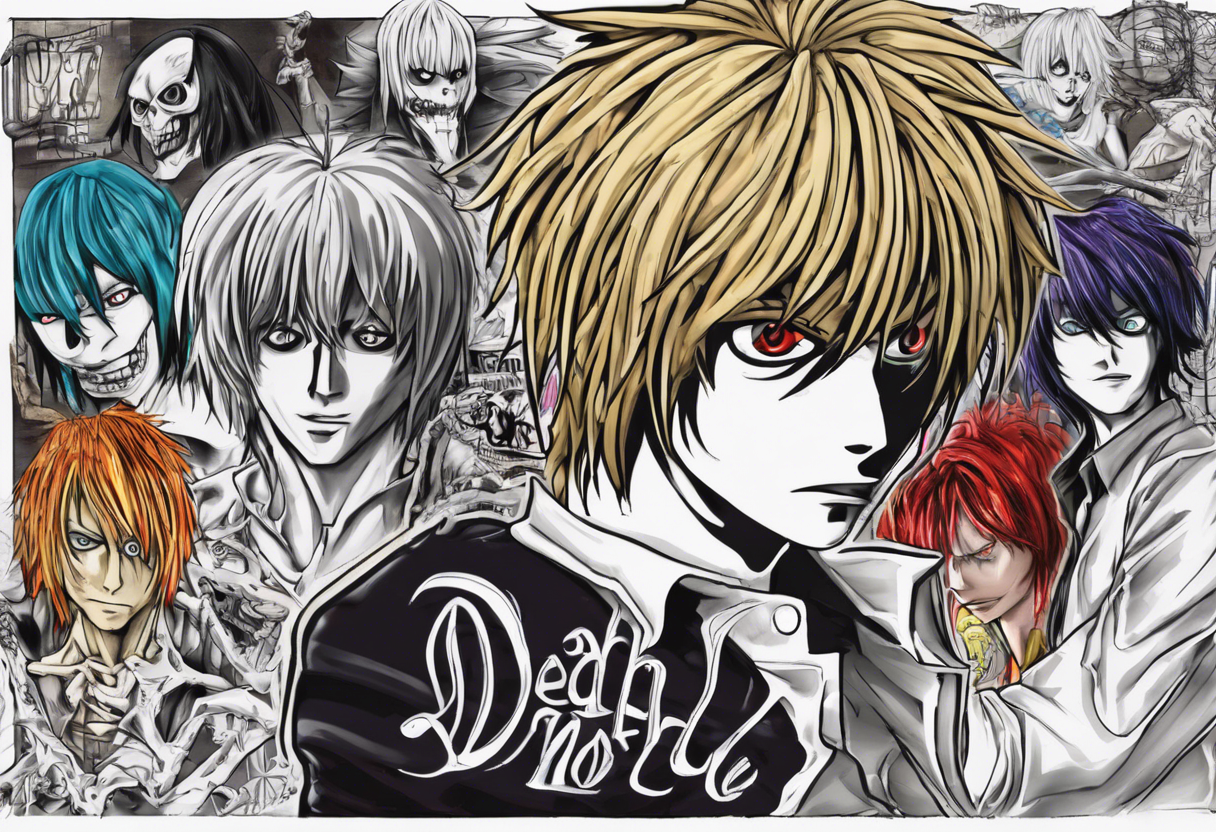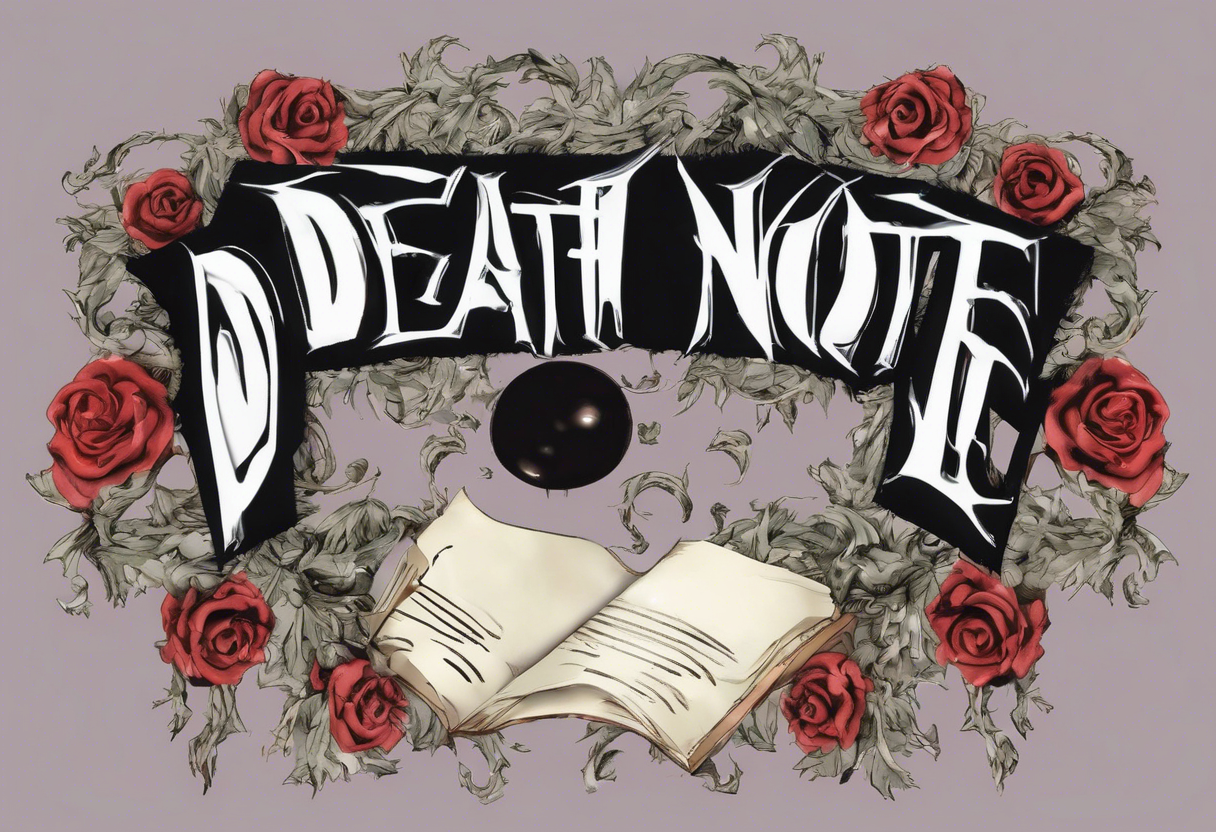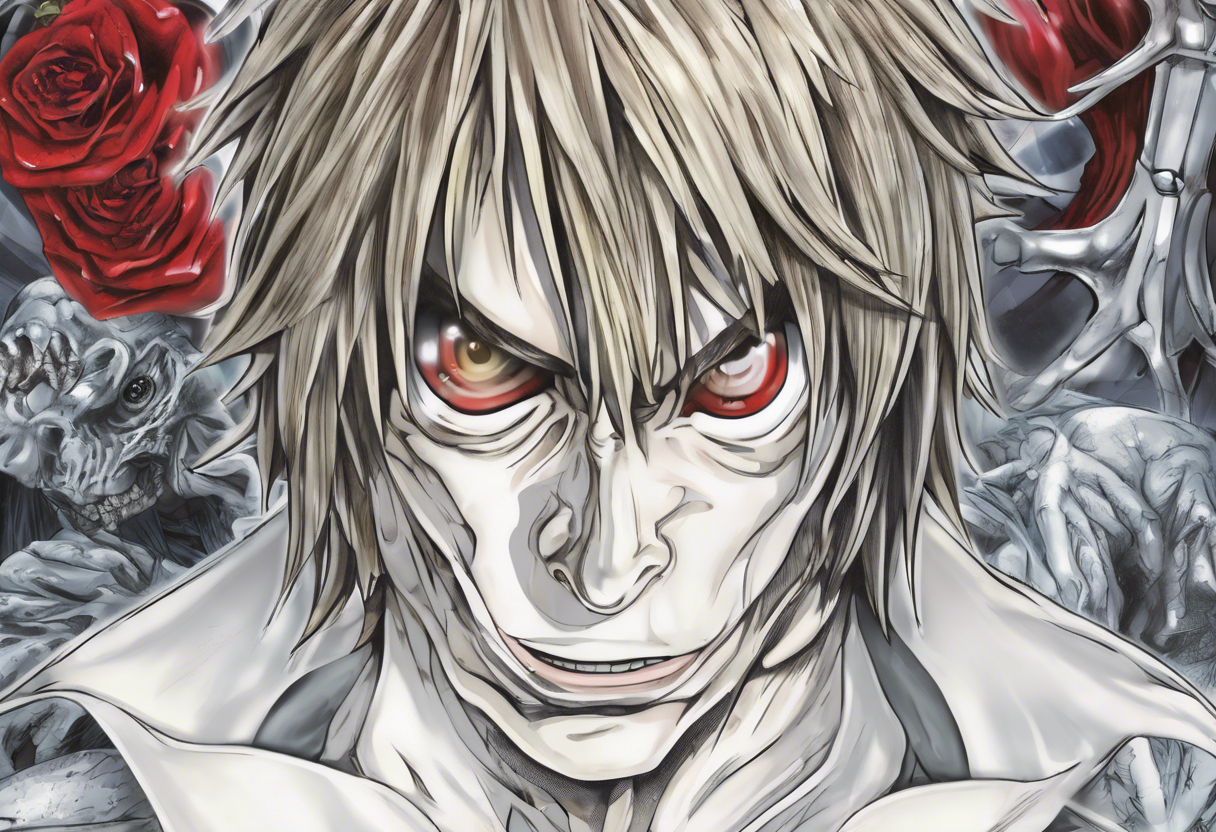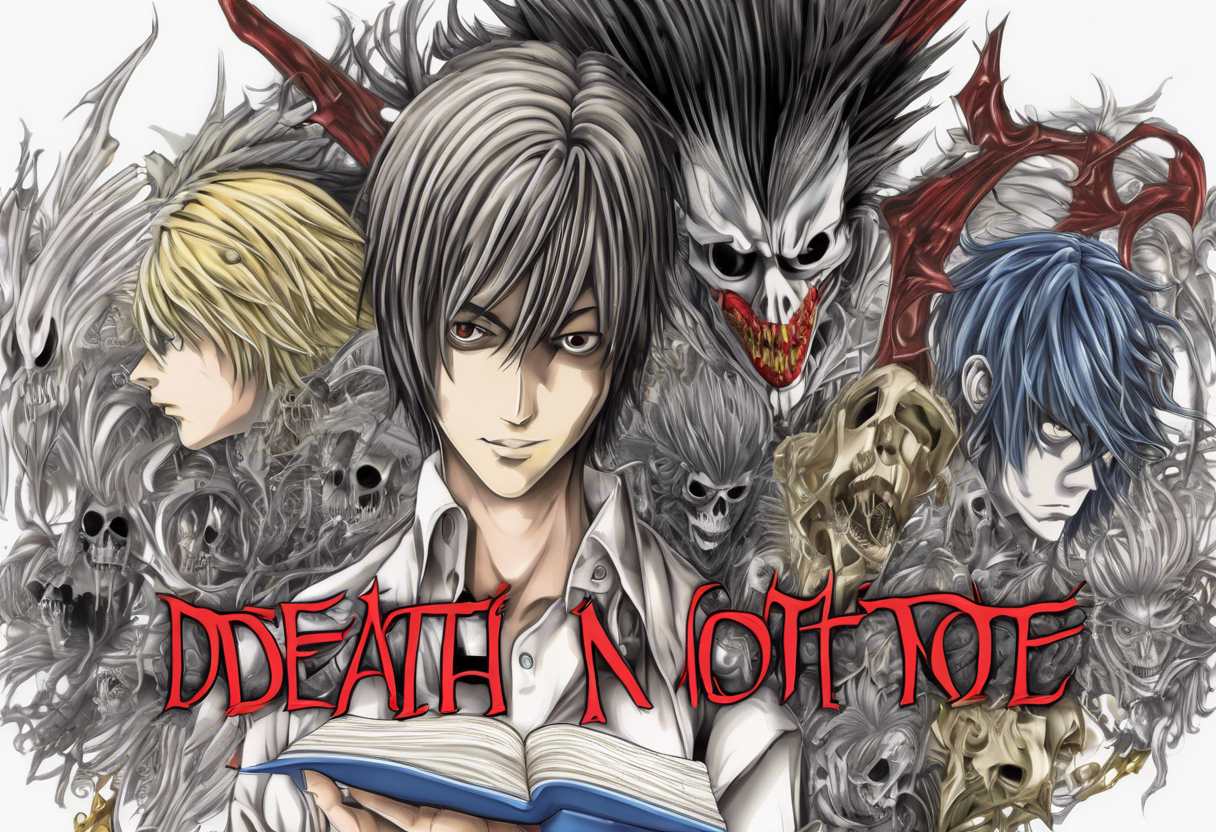Contents
Execution in Death Note: A Detailed Analysis
Introduction
"Execution" is the 17th episode of the acclaimed anime series Death Note, based on the manga by Tsugumi Ohba and Takeshi Obata. This episode, titled "Shikkou" in Japanese, aired on February 6, 2007, as part of the series that ran from October 4, 2006, to June 27, 2007, on Nippon TV. Directed by Tetsurō Araki and produced by Madhouse, Nippon Television, Shueisha, D.N. Dream Partners, and VAP, Death Note is a psychological thriller that delves into themes of justice, morality, and the human condition.
The series was adapted from the manga of the same name, with Toshiki Inoue serving as the series organizer and scriptwriter. The adaptation process was meticulous, with Araki and Inoue ensuring that the anime clarified details that might be overlooked in the manga, given the different medium[4].
"Execution" stands out within the series for its intense plot twists and the heightened stakes for the characters, particularly Light Yagami and his father, Soichiro Yagami. This episode is a pivotal moment in the narrative, showcasing the intricate strategies and moral dilemmas that define Death Note.
Plot Summary
In "Execution," the plot revolves around L’s new plan to uncover the identity of Kira, the serial killer who has been using the Death Note to eliminate criminals. L, aware that Light Yagami is under suspicion, devises a strategy to isolate Light, Misa Amane, and Soichiro Yagami to observe their reactions and behaviors.
The episode begins with L’s plan to move Light, Misa, and Soichiro to a secure location, where they can be monitored closely. However, this plan is complicated by the fact that Light’s father, Soichiro, is determined to protect his son and uncover the truth about Kira. In a dramatic turn of events, Soichiro Yagami decides to sacrifice himself to protect Light and ensure that the investigation continues without Light being suspected.
The climax of the episode involves a tense standoff where Soichiro, armed with a gun loaded with blanks, threatens to kill himself and Light to prevent Light from being executed as Kira. This scene highlights the deep emotional and moral conflict within the characters, particularly the bond between Light and his father[1][3].
Themes and Symbolism
"Execution" delves into several key themes that are central to the Death Note series. One of the primary themes is the concept of justice and morality. Light Yagami’s actions as Kira are driven by his belief in a utopian society without crime, while L and the investigation team represent a more traditional view of justice through legal means. This episode underscores the moral complexities of Light’s actions and the consequences of his decisions.
Another significant theme is the sacrifice and protection that come with familial bonds. Soichiro Yagami’s willingness to sacrifice himself for his son exemplifies the depth of parental love and the lengths to which one will go to protect family. This theme is symbolically reinforced through the dramatic and emotionally charged scenes involving Soichiro and Light[2][4].
The use of the Death Note itself is a symbolic element, representing the power and responsibility that come with the ability to decide life and death. The notebook serves as a tool for exploring the psychological and moral implications of such power, highlighting the darker aspects of human nature[4].
Cultural Impact
"Execution" and the broader Death Note series have had a significant cultural impact since their release. The series was widely acclaimed in Japan and internationally, praised for its intricate plot, complex characters, and philosophical themes. The anime was licensed by Viz for distribution in North America, marking a significant milestone in making Japanese anime available for legal download while it was still airing in Japan[4].
The series has influenced popular culture, with references in various forms of media, including other anime, manga, and even music. The character of Light Yagami has become an iconic figure in anime, symbolizing both the genius and the danger of unchecked power.
Critical Reception
"Execution" and the Death Note series received critical acclaim upon release. Critics praised the series for its engaging storyline, well-developed characters, and the moral dilemmas it presented. The episode itself was noted for its intense drama and the emotional depth of the characters’ interactions[3].
Over the years, the series has continued to be celebrated for its intellectual depth and the way it challenges viewers to think about justice, morality, and the consequences of one’s actions. However, some critics have also pointed out the series’ darker themes and the potential for glorifying vigilantism, leading to diverse interpretations and discussions among audiences[4].
Legacy
The legacy of "Execution" and Death Note is profound. The series has inspired numerous adaptations, including live-action films, stage plays, and video games. It has also influenced other creators in the anime and manga industry, with many works referencing or drawing inspiration from its themes and characters.
Death Note continues to be a subject of academic and cultural analysis, with its themes of justice, morality, and power remaining relevant today. The series’ ability to engage audiences in complex moral debates has cemented its place in the history of anime and manga, ensuring its enduring relevance and influence[2][4].

